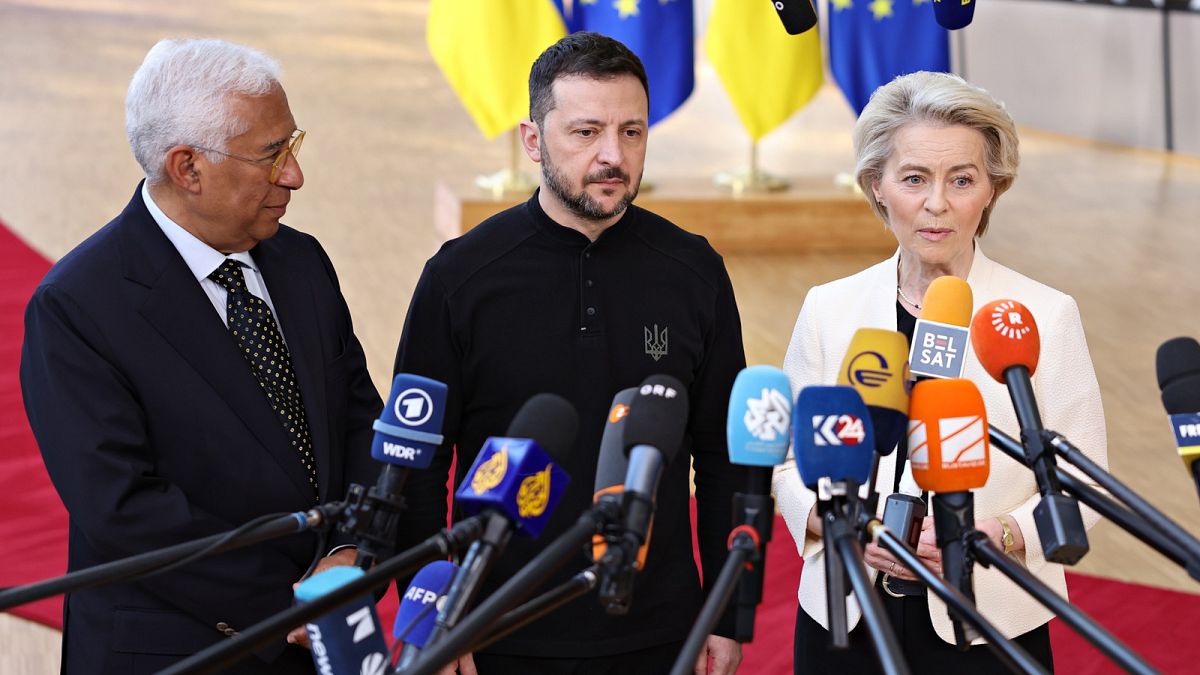

In a world constantly evolving and facing new challenges, recent developments across different regions provide a fascinating glimpse into shifts in policies and societal attitudes. From Ukraine’s legislative improvements to efforts to recognize Palestine, these stories illustrate the dynamic interplay of governance, social movements, and international diplomacy.
In Ukraine, a significant legislative reform effort is underway under the watchful eye of the European Union. President Volodymyr Zelenskyy has initiated revisions to a controversial anti-corruption law to ensure the independence and effectiveness of the country’s anti-corruption agencies. This comes as part of Ukraine’s ongoing engagement with Brussels to secure its commitment to transparency and rule of law, a crucial step for closer integration with the EU. The amendments aim to secure both domestic and international trust in Ukraine’s commitment to tackle corruption, marking a positive step forward in the nation’s democratic development.
Meanwhile, a recent survey in Romania has stirred discussions about historical perceptions among its citizens. It has been revealed that a significant portion of the Romanian population—66.2%, to be precise—holds a favorable view of the late communist dictator Nicolae Ceaușescu. Despite the repressive nature of his regime, many respondents associate his leadership with a sense of stability and national pride. This nostalgia calls for a reflective approach to understanding national identity and collective memory, prompting Romanian society to engage in conversations about its past while envisioning its future.
In Germany, the LGBTQ+ community is preparing for a vibrant yet vigilant Pride celebration. As hundreds of thousands gather for the Christopher Street Day (CSD) parade in Berlin, the backdrop is marked by a rise in right-wing extremist threats. The event commemorates the Stonewall riots of 1969, a pivotal moment in the fight for LGBTQ+ rights. Organizers emphasize the importance of visibility and solidarity in the face of increasing attacks, reflecting a resilient spirit determined to confront adversity through unified and spirited expression.
Across the Channel in France, President Emmanuel Macron has announced a landmark decision to recognize Palestine at the upcoming United Nations General Assembly. This move signifies France’s attempt to shift from the traditional stance of major Western powers regarding the Israel-Palestine conflict, specifically in response to ongoing issues in Gaza. Macron’s initiative places responsibility on other nations, notably in the EU and beyond, urging them to articulate their positions on Palestinian statehood. This decision not only highlights France’s diplomatic agency but also serves as an impetus for broader international discourse on peacebuilding and recognition.
Simultaneously, in the United Kingdom, pressure mounts on Prime Minister Keir Starmer to follow France’s lead. Calls from senior cabinet members and a significant faction of MPs advocate for UK recognition of Palestine, framing it as a humanitarian and ethical imperative. With internal governmental dynamics at play, Starmer faces the delicate task of balancing domestic political considerations and evolving international expectations.
Each of these stories, while distinct, share a common thread of transformative potential. Whether through legislative refinement, societal introspection, community resilience, or diplomatic declarations, these developments encourage a global conversation about our shared capacity to navigate challenges and champion progress. As these narratives unfold, they offer a hopeful perspective on cooperation, diversity, and the collective pursuit of a harmonious future.
Source: {link}
